UNDP launches EWASME to boost women-led rice businesses.
April 18, 2024
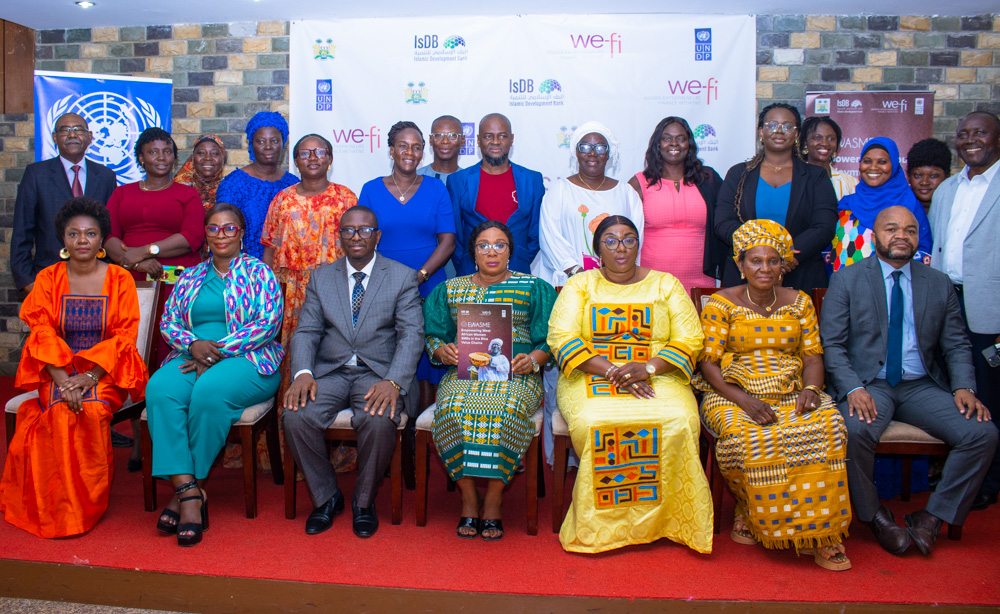
A group photo with the Deputy Minister of Agriculture and Food Security , Dr. Theresa T. Dick (in the center) after the launch of the EWASME Programme
UNDP Sierra Leone, in collaboration with the Islamic Development Bank (IsDB), the Government of Sierra Leone, and with funding support from the Women Entrepreneurs Finance Initiative (We-Fi), has launched the Empowering West African Women Small & Medium Enterprises (EWASME) program.
EWASME aims to empower women-led businesses operating within Sierra Leone's rice value chain by providing comprehensive support in various areas such as access to finance, capacity-building, market linkages, and mentorship opportunities.
Speaking on behalf of the UNDP's Resident Representative, the Team Lead for Sustainability and Local Economic Development, Tanzila Watta Sankoh, emphasized the organization's commitment to advancing gender equality and women's economic empowerment through EWASME.
“By focusing on empowering women in the rice value chain in Sierra Leone, we aim to create opportunities for women to increase their income, enhance their skills, and contribute meaningfully to the local economy”, she remarked. “Through EWASME, we aim to unlock the untapped potential of women in the rice value chain, catalyzing inclusive growth, poverty reduction, and sustainable development."
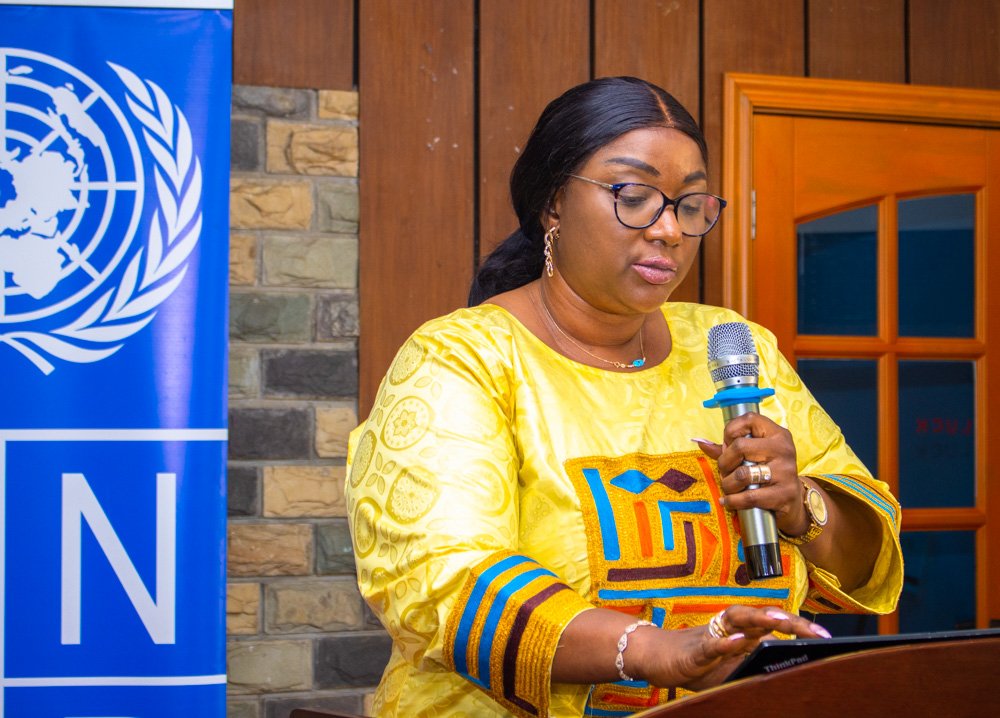
Tanzila Watta Sankoh, Team Lead for Sustainability and Local Economic Development delivering the welcome statement on behalf of the Resident Representative
Launching EWASME programme, Dr. Theresa T. Dick, Deputy Minister of Agriculture and Food Security, noted that the EWASME program aligns with broader goals of financial inclusion and women's empowerment in the agriculture sector. She emphasized its role as a catalyst for positive change and as a step towards a future where women are not only contributors but also innovators and leaders in the agricultural sector.
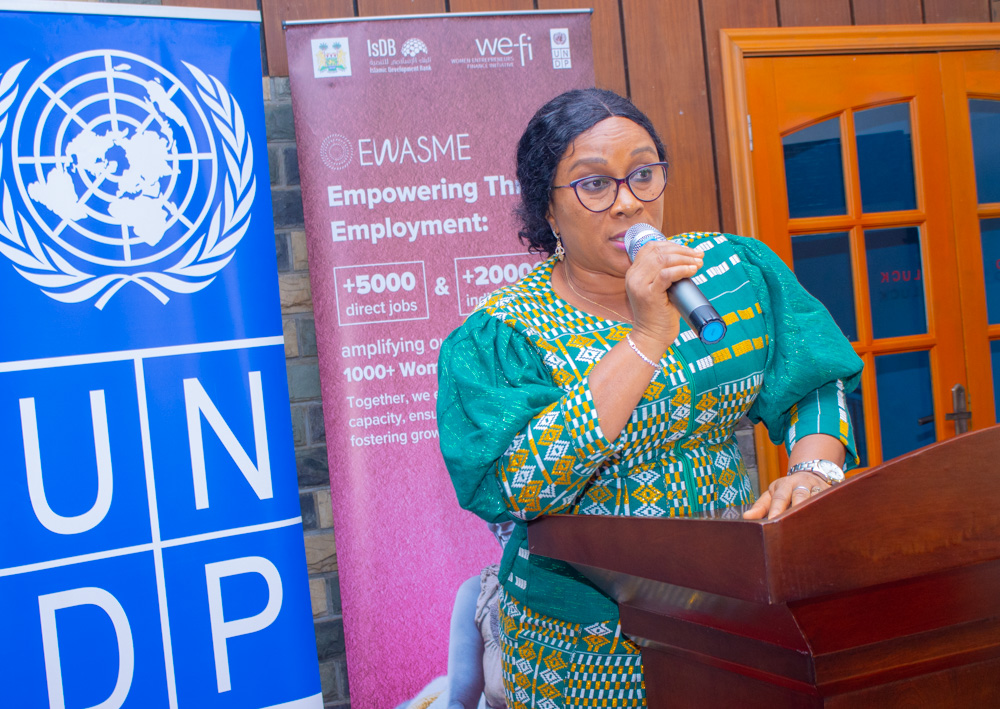
Dr. Theresa T. Dick, Deputy Minister of Agriculture and Food Security making a statement
Dr. Isata Mahoi, Minister for Gender and Children's Affairs, underscored the importance of empowering women in agriculture, highlighting their potential as potent drivers of agricultural transformation. She emphasized that women are not merely contributors to food security but the linchpin to its realization, stressing the significance of uplifting the nation's agricultural landscape through gender equality and empowerment.
She said, “It is essential to recognize that when women are given equal opportunities, they can be potent drivers of agricultural transformation. Women are not merely contributors to food security; they are the linchpin to its realization.”
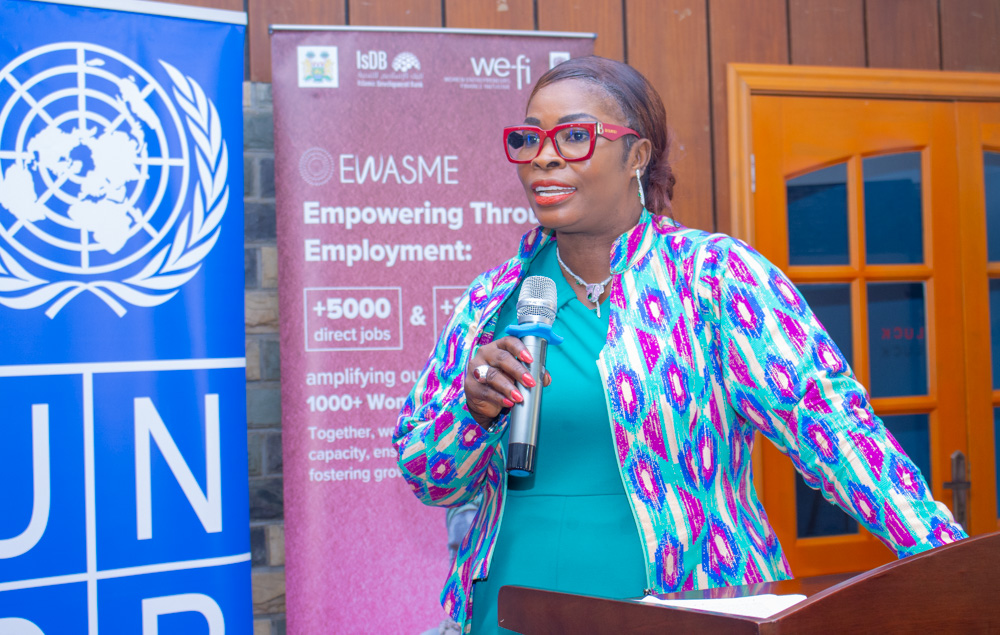
Dr. Isata Mahoi, Minister for Gender and Children's Affairs making a statement.
Madam Yatta Samah, President of the National Federation of Farmers of Sierra Leone, expressed commitment to making EWASME successful. She emphasized the importance of developing the rice value chain to improve the livelihoods of women involved in rice cultivation and transition from subsistence to commercial cultivation.
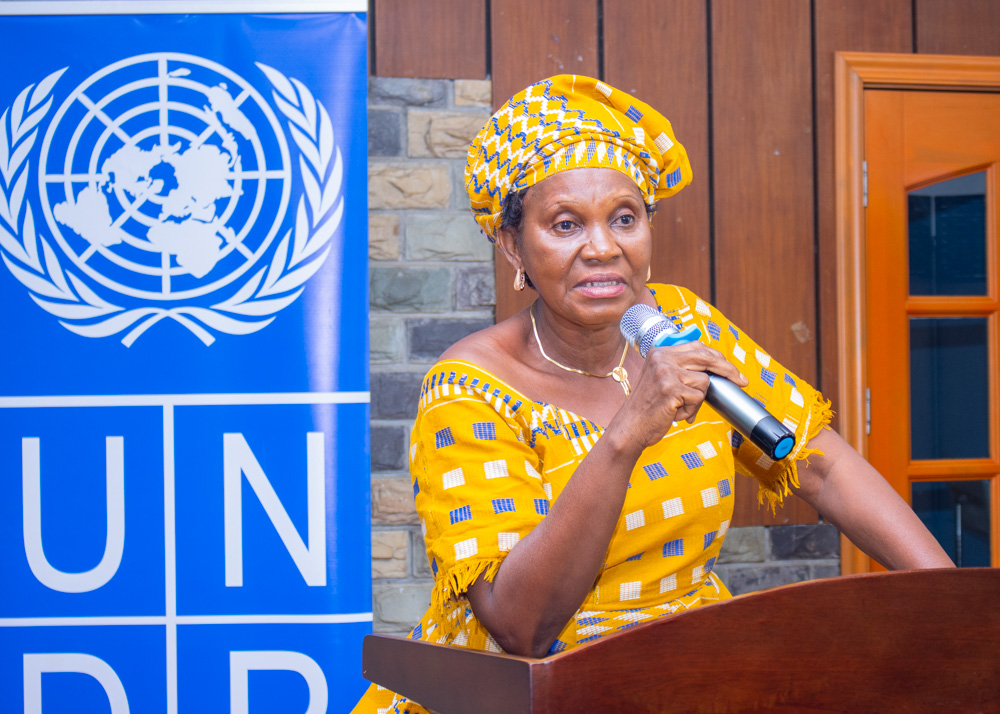
Madam Yatta Samah, President of the National Federation of Farmers of Sierra Leone making a statement.
The ISDB representative, Abdelwahab Cherif, reaffirmed their commitment to ensuring the full implementation of the project in Sierra Leone. He also underscored the importance of the programme to women owned businesses.
“With the support of the EWASME programme, West African women's businesses will be able to improve their productivity and business skills, with the aim of increasing their profits, as well as improving business relationships and engagement in larger supply chains, with the aim of increasing their incomes.”
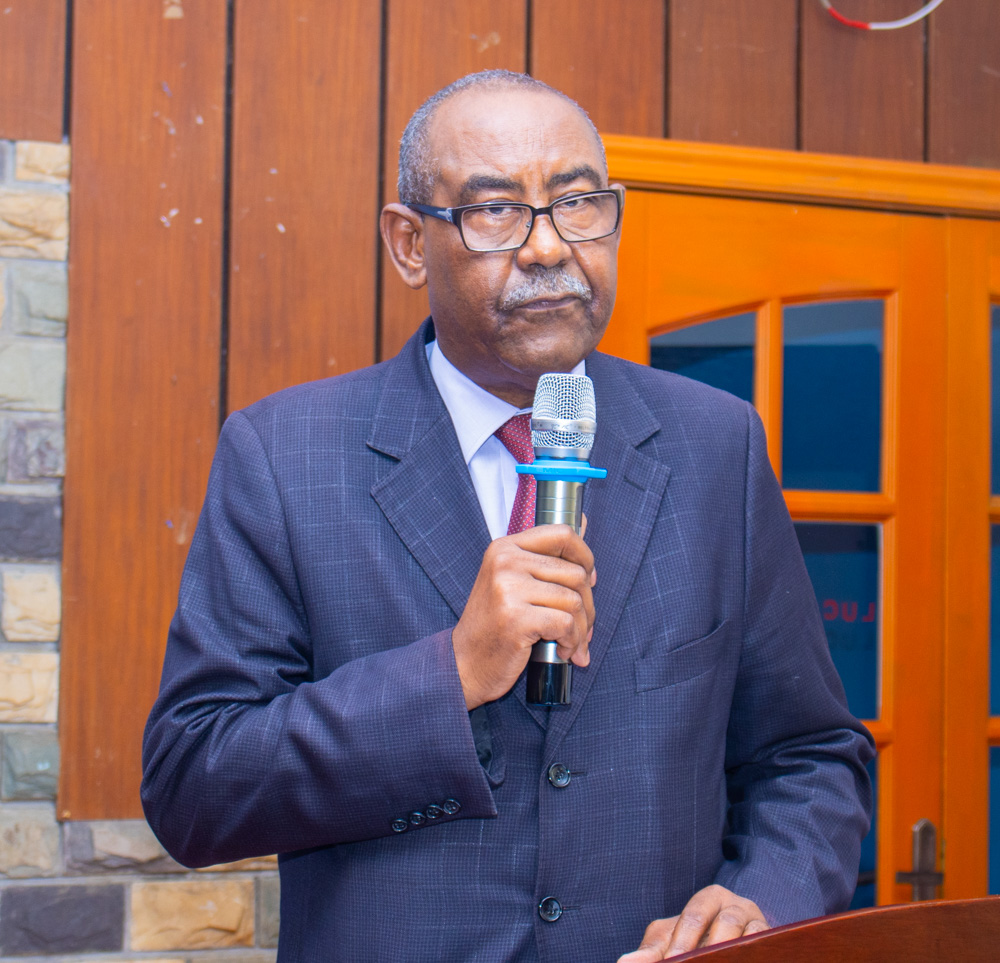
ISDB representative, Abdelwahab Cherif speaking at the launch.
About EWASME
EWASME will operate in Kambia and Bonthe Districts until 2027, aiming to empower women-owned and managed small enterprises involved in post-production activities within Sierra Leone's rice value chain. The project's objective is to support the growth of 200 women-owned or led small enterprises, with a total budget of approximately $2.4 million USD. It is anticipated that the project will create 2,000 direct and 4,000 indirect jobs over its lifespan, contributing to broader goals of enhancing food security, promoting sustainable agriculture, and advancing the country's development agenda.

 Locations
Locations



